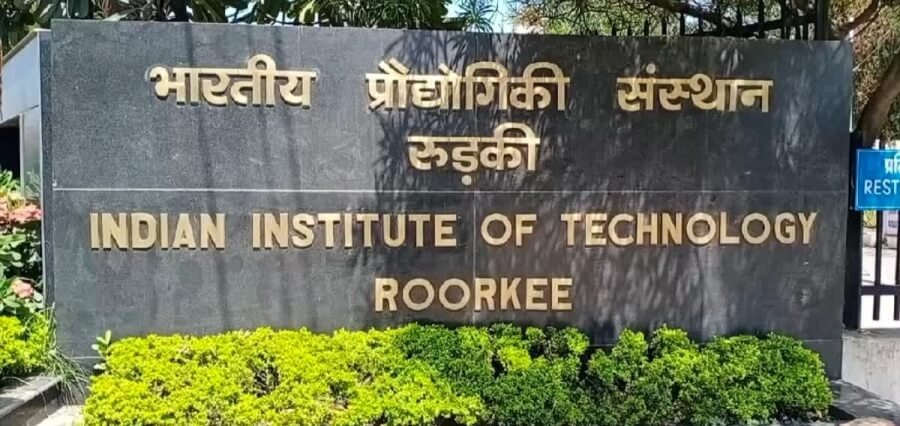Prime Minister Narendra Modi inaugurated a series of healthcare projects valued at over ₹12,855 crore during the celebrations for the 9th Ayurveda Day at the All India Institute of Ayurveda (AIIA) in New Delhi. This substantial investment aims to enhance India’s healthcare infrastructure, digital capabilities, and affordability.
In his address, PM Modi outlined the government’s commitment to strengthening healthcare through five strategic pillars: preventive healthcare, early diagnosis, affordable treatment, enhancement of medical infrastructure in smaller towns, and the integration of technology.
Key initiatives announced include the expansion of facilities at AIIMS across various states such as Himachal Pradesh, West Bengal, Bihar, and Uttar Pradesh, as well as the establishment of new medical colleges in Madhya Pradesh. Additional nursing colleges and critical care blocks will also be developed to improve healthcare accessibility.
The Prime Minister stressed the importance of Ayushman Bharat Yojana, which covers the cost of hospital expenses up to ₹5 lakh for families of economically weak segments thus aiding more than 4 crore people. He brought in the Ayushman Vaya Vandana Card, which provides free healthcare services to citizens aged 70 and beyond irrespective of their financial status.
Modi also pointed out the part of Jan Aushadhi Kendras, which delivers medicines at an 80% discount thereby aiding citizens of India to save approximately ₹30,000 crore. Furthermore, he talked about the drop-in prices for medical devices, such as the stents and implants, which in total have given people a discount of more than ₹80,000 crore. Other initiatives like free dialysis and Mission Indradhanush (concentrating on vaccinating mothers and newborns) were also emphasized.
Another was the launch of the U-WIN platform, which is a digital vaccination service, that aims to ensure proper timely immunization of pregnant women and children of about 2.9 crore pregnant women and 2.6 crore on an annual basis. He also congratulated the digitized services of e-Sanjeevani, which has translated into more than 30 crores of online consultations and hence has made the health care service more accessible to people.
Furthermore, Modi set the clock finishing the tasks for presenting drone services to 11 tertiary schools so as to improve emergency response to remote areas and the launching of helicopter emergency services at AIIMS Rishikesh, which led to the significant enhancement of care for trauma injuries.
Adapted to the development of medical research and innovation, Modi initiated the building of Centers of Excellence in cities including Ahmedabad, Hyderabad, and Guwahati. These centers are the institutions that will conduct research in medical devices and phytopharmaceuticals as well as drug discovery technologies.
In the Ministry of Ayush, The Prime Minister rolled out Phase II of the AIIA, which consists of a new 150-bed Panchakarma hospital and Ayurvedic sports medicine facilities among others. The
new research institutes for Yoga and Naturopathy have also been announced as a part of this project.
In order to up health cognition, the government kicked off the “Desh Ka Prakriti Parikshan Abhiyan” where almost half of a million volunteers are participating. Additionally, Modi promised the expansion of medical education by providing nearly 1 lakh new MBBS and MD seats over the next five years, thus demonstrating the government’s commitment to the betterment of the healthcare system in India.
Read More: Click Here





